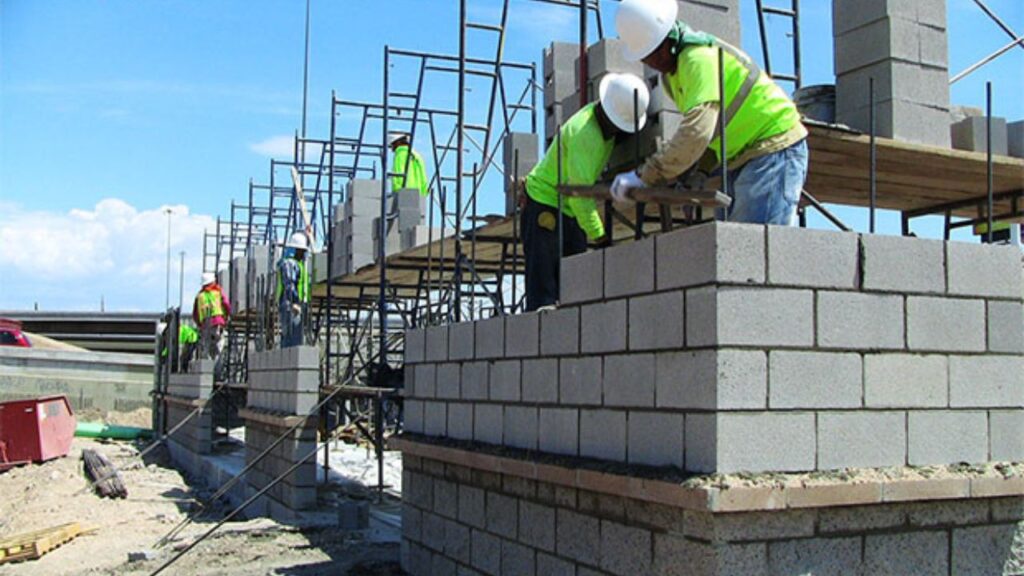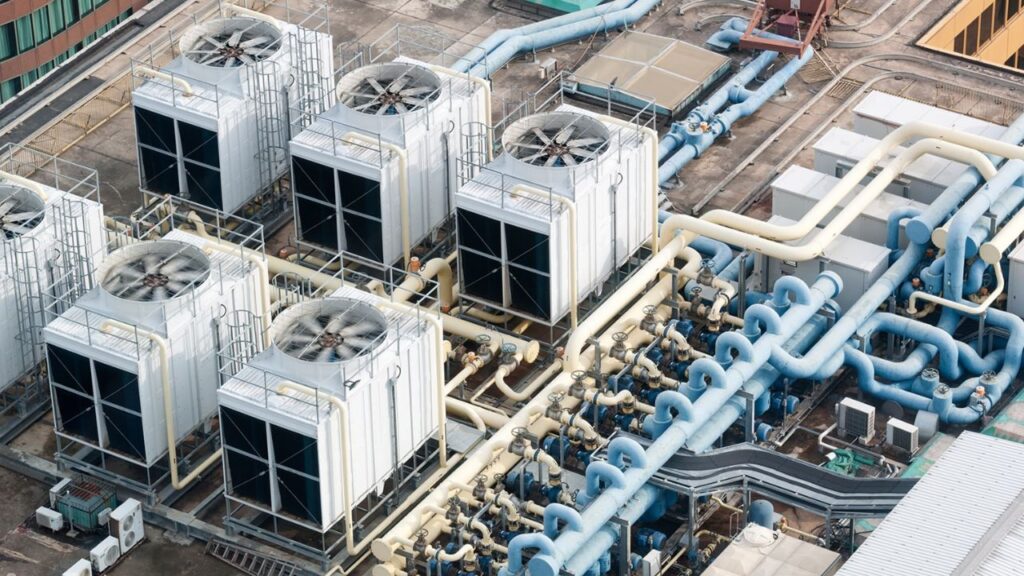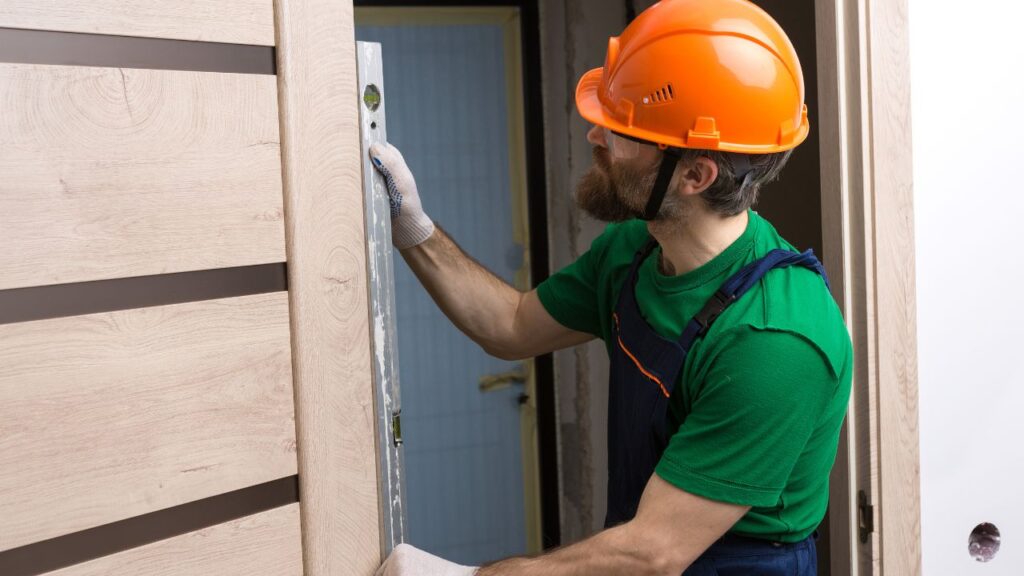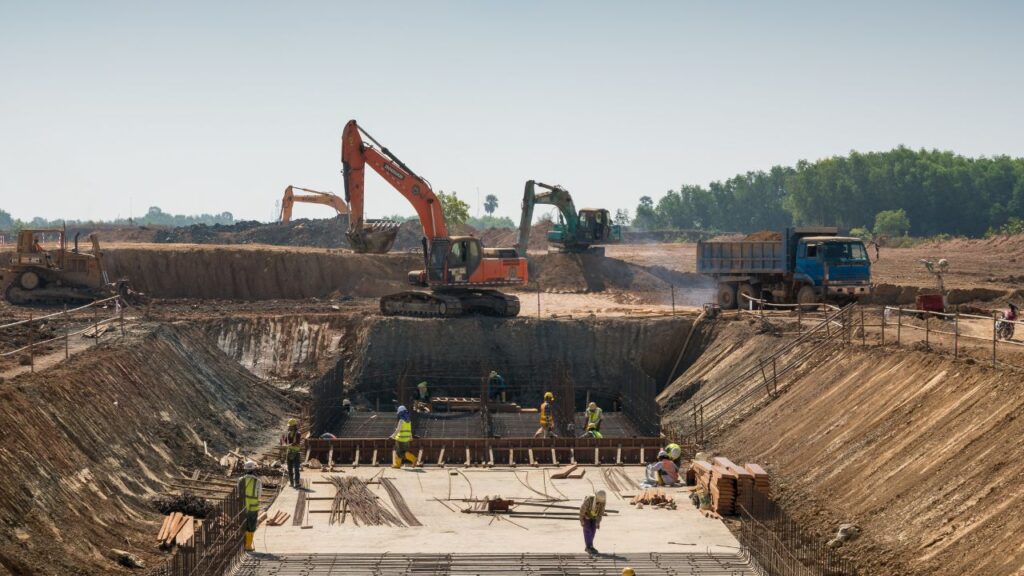- Homepage
- Blogs
Recreational Park Facility Construction Costs EStimator
Leading provider of recreational park facility construction cost estimating.
Recreational parks are vital to enhancing the quality of life in any community. They provide spaces for relaxation, physical activity, and social interaction. In Florida, where outdoor living is a year-round reality, the demand for recreational park facilities is higher than ever. Whether you’re a developer planning a community park or a contractor tasked with building a sports complex, understanding the costs involved is critical. This guide will break down the various components of park facility construction costs, helping you make informed decisions. At Estimate Florida Consulting, we provide precise cost estimates to ensure your recreational park projects stay within budget and deliver maximum value.
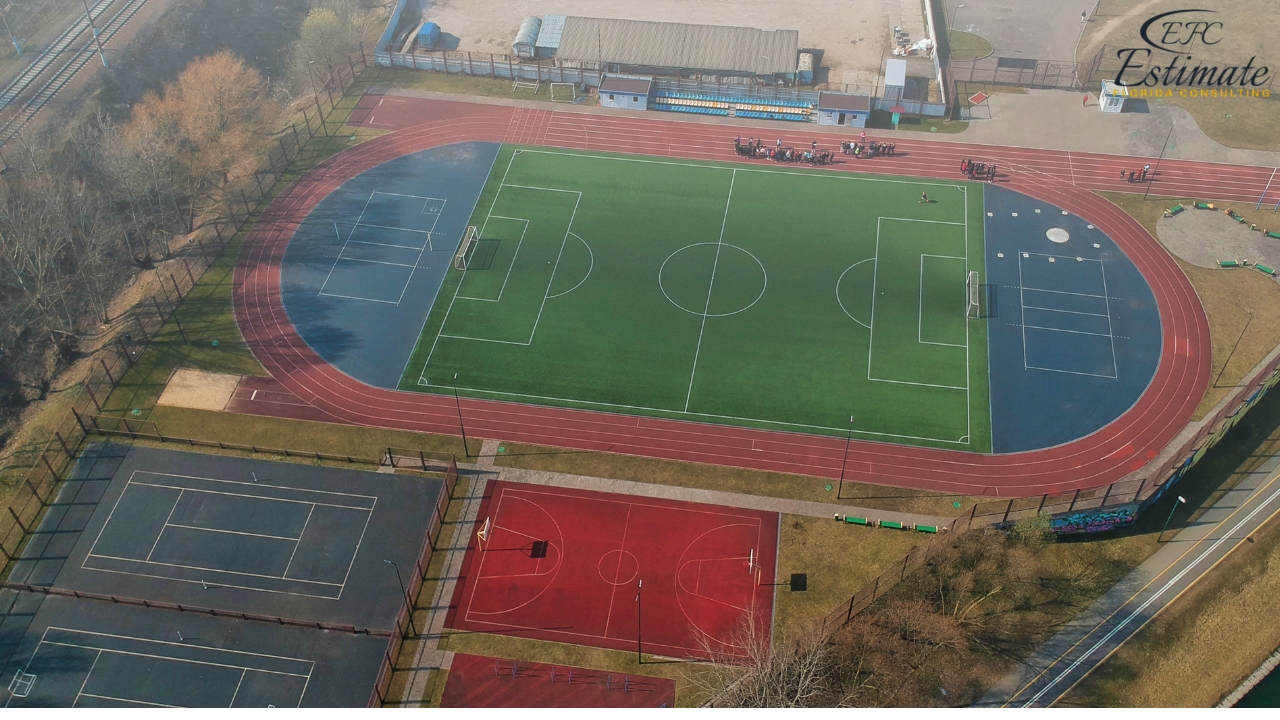
Recreational Park Construction Cost per Square Foot
The cost of constructing a recreational park facility is often measured per square foot. In Florida, the average cost ranges from $15 to $40 per square foot, depending on the type of park and the amenities provided. For specialized facilities, such as sports complexes or parks with advanced irrigation systems, costs can go higher.
Type of Park Facility | Cost per Square Foot |
Community Parks | $15 – $25 |
Sports Complexes | $25 – $40 |
Urban Parks | $20 – $35 |
Nature Trails | $10 – $20 |
Recreational Park Construction Cost by Size
The overall size of the park significantly influences construction costs.
Park Size | Average Cost |
1 Acre | $150,000 – $300,000 |
5 Acres | $750,000 – $1,500,000 |
10 Acres | $1,500,000 – $3,000,000 |
20 Acres | $3,000,000 – $6,000,000 |
Types of Recreational Park Facilities
Community Parks
Community parks are neighborhood-focused spaces designed to bring people together and offer a relaxing environment. These parks typically include open green spaces, playgrounds, picnic tables, and walking paths, making them ideal for families and community gatherings. Amenities such as benches, water fountains, and small sports courts like basketball or tennis are often added to enhance usability. Construction costs for community parks usually fall between $15 and $25 per square foot, but the overall price can vary based on the number of features and materials used. These parks are crucial in promoting social interaction and outdoor recreation within local neighborhoods.
Sports Complexes
Sports complexes are built for athletic and recreational activities on a larger scale. They include specialized facilities like soccer fields, baseball diamonds, basketball courts, and even swimming pools. To ensure functionality, these complexes often require high-quality materials such as artificial turf, durable lighting systems for nighttime use, and proper drainage to prevent flooding. Additional amenities, such as seating areas, locker rooms, and parking spaces, can significantly impact the cost. Construction costs typically range from $25 to $40 per square foot, reflecting the advanced infrastructure needed for sports and fitness activities. Sports complexes are widely used for community events, leagues, and tournaments, making them a valuable asset for towns and cities.
Nature Parks and Trails
Nature parks focus on preserving the natural environment while providing trails for activities like walking, hiking, and biking. These parks prioritize minimal infrastructure, blending pathways and signage into the existing landscape to maintain the area’s ecological balance. Common features include dirt or gravel trails, wooden bridges, and small seating areas. Because they involve fewer man-made structures, the construction costs are lower, typically ranging from $10 to $20 per square foot. Nature parks are popular for promoting outdoor fitness and offering peaceful escapes from urban life, appealing to those who enjoy a connection with nature.
Urban Parks
Urban parks are designed for densely populated areas and often act as a green oasis in the middle of the city. These parks incorporate sophisticated landscaping, hardscaping elements like paved walkways and seating areas, and unique features such as public art, fountains, or interactive installations. Urban parks often include smart design elements to maximize the use of limited space, such as rooftop gardens or vertical green walls. With construction costs ranging from $20 to $35 per square foot, urban parks tend to be more expensive due to the complexity of their design and the need to accommodate large crowds. They play a critical role in improving city dwellers’ quality of life by providing spaces for relaxation, exercise, and community activities.
Recreational Park Construction Costs by Facility Type
Playground Construction
Playgrounds are often the heart of a recreational park, providing a fun and safe space for children to play and stay active. A well-designed playground includes equipment like slides, swings, climbing structures, and safety flooring. Construction costs typically range from $50,000 to $150,000, depending on the size, type of equipment, and safety features such as rubberized surfaces or shade structures. Custom-themed playgrounds or inclusive designs for children of all abilities can increase costs but add significant value to the community.
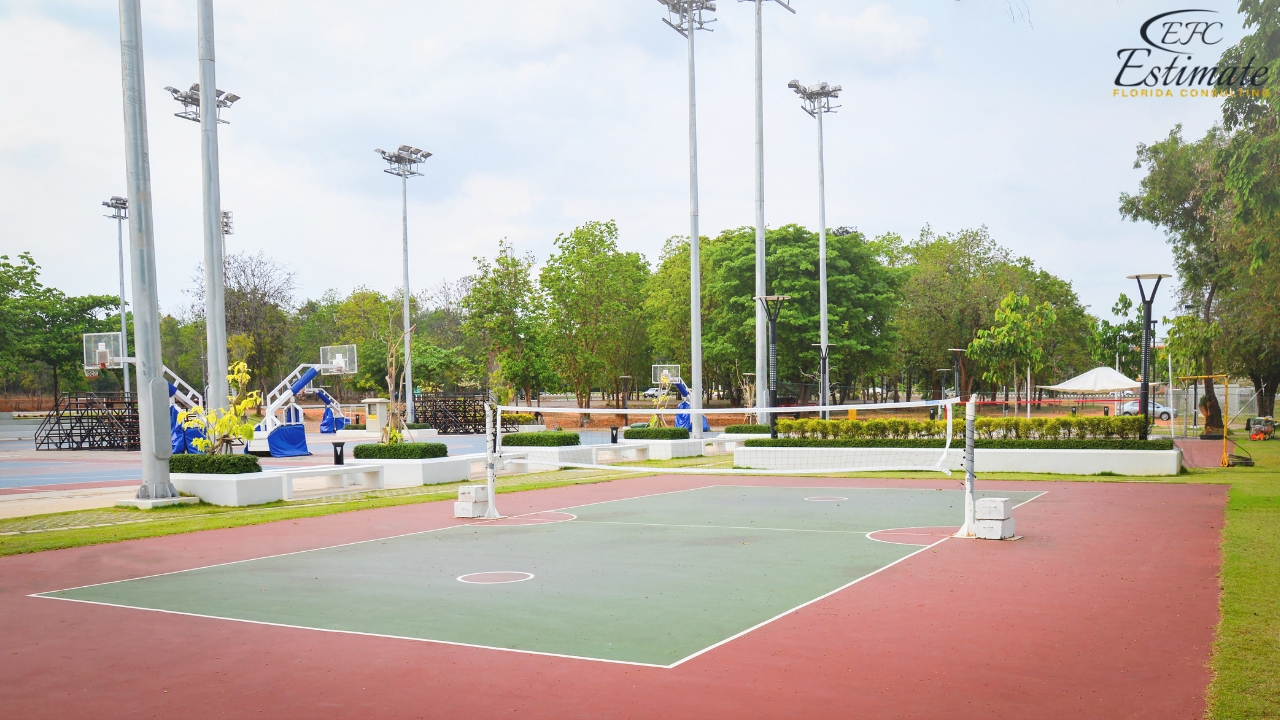
Walking and Biking Trails
Walking and biking trails are must-haves for parks, promoting fitness and offering a way for visitors to enjoy the outdoors. These trails can be simple dirt paths or paved routes designed to withstand heavy use. The cost of building trails ranges from $10 to $30 per linear foot, depending on the terrain, the type of surface material used (gravel, asphalt, or concrete), and added features like signage, lighting, or rest areas. Trails that wind through scenic areas or require clearing dense vegetation may cost more due to additional labor and landscaping.
Sports Fields and Courts
Sports facilities are a major attraction in recreational parks, catering to athletes and sports enthusiasts. Constructing a soccer or football field requires precise leveling, drainage systems, and durable turf, with costs ranging from $150,000 to $500,000. Basketball and tennis courts, which often use concrete or asphalt with special coatings, typically cost between $50,000 and $150,000 each. The inclusion of bleachers, lighting, or fencing can add to these costs but ensures a complete experience for both players and spectators.
Splash Pads and Pools
Water features, like splash pads and pools, have become increasingly popular in parks, offering a refreshing escape during warmer months. Splash pads, which feature interactive water jets and minimal standing water, are lower maintenance and cost between $100,000 and $300,000, depending on the size and design. Pools are a bigger investment, with construction costs ranging from $200,000 to $1,000,000 or more, influenced by the size, depth, and additional features such as diving boards, slides, or adjacent seating areas. Both options significantly enhance a park’s appeal, drawing families and visitors of all ages.
Cost Breakdown by Major Components
Landscaping Costs
Landscaping plays a vital role in creating a welcoming and visually appealing park. It typically involves planting trees, shrubs, grass, and creating well-maintained green spaces. The cost of landscaping can range from $50,000 to $200,000 per acre, depending on the types of plants, the density of vegetation, and the complexity of the design. For example, parks with intricate garden layouts or water features will require more investment. Proper irrigation systems and ongoing maintenance also contribute to the total cost.
Hardscaping Costs
Hardscaping refers to the non-living elements in a park, like walkways, patios, retaining walls, and seating areas. These elements add structure and functionality to the space, making it user-friendly and durable. The cost of hardscaping typically ranges from $10,000 to $50,000 per acre, depending on the materials used—such as concrete, stone, or brick—and the complexity of the design. For instance, decorative paving or intricate stonework can significantly increase costs compared to simple concrete paths.
Utility Installation Costs
Utilities are essential for a fully functional park, ensuring access to water, electricity, and proper waste management. Installing water lines, sewage systems, and electrical infrastructure generally adds $50,000 to $200,000 to the project’s total cost, depending on the park’s size and location. Remote areas or parks with extensive utility needs, like fountains or irrigation systems, may see higher installation costs. These systems are critical for maintaining a clean and safe environment for visitors.
Lighting and Electrical Costs
Proper lighting is crucial for safety, visibility, and extending the park’s usability into the evening hours. Costs for outdoor lighting installations range from $20,000 to $100,000, based on the number of fixtures and the type of lighting used. Modern energy-efficient options, like solar-powered or LED lights, may have higher upfront costs but save money over time on energy bills. Lighting placement is also important, ensuring pathways, playgrounds, and parking areas are well-lit and secure.
Structures and Amenities Costs
Park structures and amenities like gazebos, restrooms, pavilions, and picnic shelters enhance the overall functionality and visitor experience. These features typically cost between $50,000 and $200,000 each, depending on their size, materials, and design. For example, a basic wooden gazebo will be less expensive than a large, fully enclosed pavilion with lighting and plumbing. Including amenities like benches, trash cans, and signage also adds to the total cost, making the park more user-friendly and enjoyable for visitors.
Win More Projects With Us
Recreational Park Construction Costs by Features
Splash Pads and Water Features
Adding water features like splash pads, fountains, or small water parks can make a recreational park a family-friendly destination. These features not only increase the park’s appeal but also encourage more visitors, especially during hot weather. Construction costs for water features vary widely, ranging from $50,000 to $500,000, depending on the size, complexity, and design. For example, a simple splash pad with basic nozzles may cost on the lower end, while a larger installation with interactive fountains and lighting will drive up the price.
Amphitheaters and Event Spaces
Amphitheaters bring life to parks by providing a space for concerts, community events, and outdoor theater performances. These structures can be as simple as a raised platform with open seating or as elaborate as covered pavilions with tiered seating and professional-grade sound systems. Construction costs for amphitheaters typically range from $200,000 to $2 million, depending on seating capacity, materials, and design. Parks with amphitheaters often become cultural hubs, attracting both residents and tourists.
Picnic Areas and Shelters
Picnic areas with shelters provide shaded spaces for families and groups to enjoy outdoor meals and gatherings. These spaces can be equipped with amenities like built-in grills, benches, and trash receptacles. Costs for constructing picnic areas range from $20,000 to $100,000, depending on the number of shelters and the materials used. A park with well-designed picnic areas often sees higher usage, as these spaces are versatile for various events, from casual outings to birthday parties.
Dog Parks
Dog parks are increasingly popular in recreational park designs, offering dedicated spaces for pet owners to let their dogs run and play off-leash. These parks usually include fencing, agility equipment, water stations, and waste disposal systems. Depending on the size and features, dog park construction costs range from $50,000 to $200,000. In urban areas, where space is limited, dog parks serve as valuable community assets for pet-friendly recreation.
Recreational Park Construction Costs by Location
The location of the park significantly impacts construction costs. In urban areas, higher land acquisition prices, labor rates, and material costs can increase overall expenses. Additionally, parks in urban settings may require more advanced planning to navigate strict zoning laws and environmental regulations, leading to higher compliance costs. On the other hand, rural areas generally offer lower construction costs but may require additional infrastructure investments, such as road access and utility connections, which can add to the budget. Understanding the location’s specific requirements is essential for accurate budgeting and planning.
Recreational Park Construction Trends and Innovations
Modern recreational parks are increasingly adopting sustainable and high-tech solutions to improve functionality and appeal. Sustainable designs, such as solar-powered lighting, permeable pavements, and rainwater harvesting systems, help reduce environmental impact while lowering long-term maintenance costs. Eco-friendly materials, like recycled plastics for benches and decking, are becoming common.
Innovative technology is also playing a larger role in park design. Interactive features such as app-based trail maps allow visitors to explore trails easily, while smart benches equipped with charging ports and Wi-Fi offer modern conveniences. These trends not only make parks more appealing but also position them as forward-thinking community spaces that cater to today’s environmentally and tech-conscious users.
Environmental Considerations and Permits
When building a recreational park in Florida, it’s essential to account for environmental factors. The state’s unique ecosystem, including wetlands, wildlife habitats, and flood-prone areas, requires careful evaluation to ensure the project aligns with environmental laws and regulations. This involves assessing the site to avoid disrupting protected areas or harming local wildlife. Obtaining the necessary permits is a key part of this process, with costs typically ranging from $5,000 to $50,000, depending on the size of the project and the complexity of local requirements. Proper planning not only helps avoid fines and delays but also supports sustainable development that benefits the community and preserves Florida’s natural beauty.
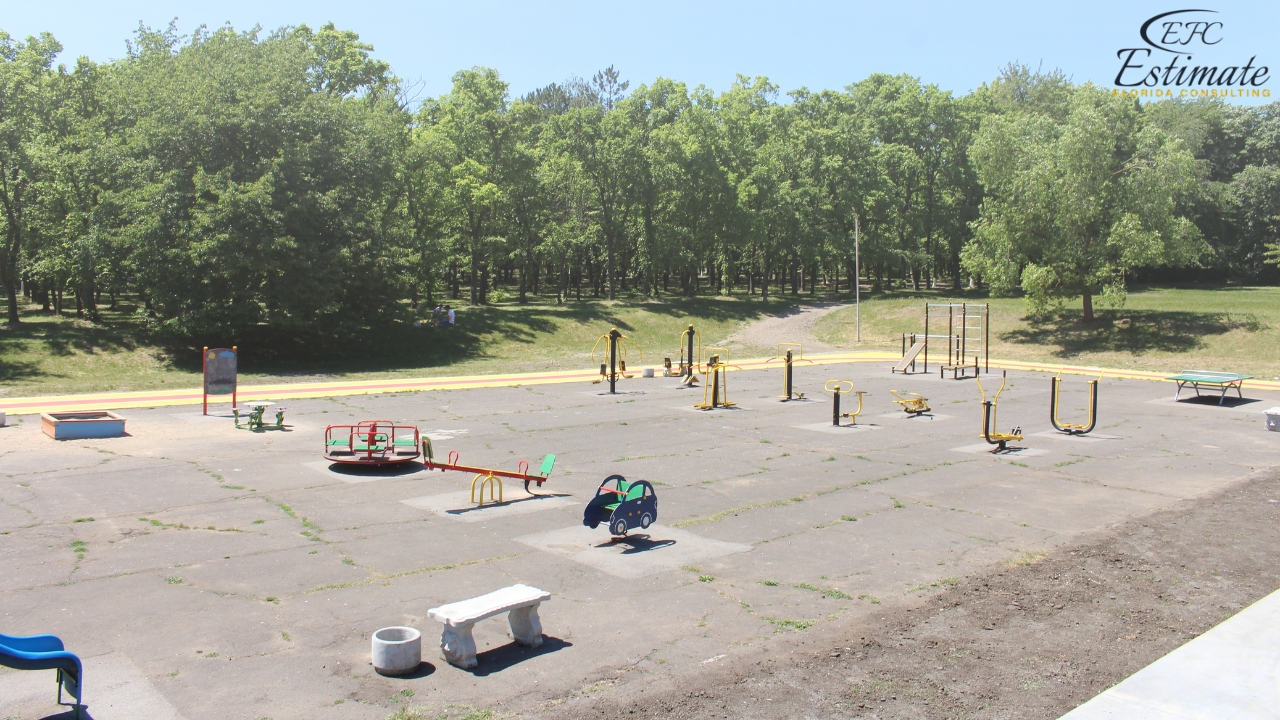
Factors That Affect the Cost of Building a Recreational Park
The total cost of constructing a recreational park is influenced by several key factors, including:
Location
Where the park is being built plays a big role in determining costs. In urban areas, expenses tend to be higher due to pricier land, higher labor wages, and stricter regulations. In contrast, rural locations often have more affordable land and labor but may face added costs for transporting materials to remote sites.
Size
The larger the park, the higher the costs for materials, labor, and ongoing maintenance. A small neighborhood park might require minimal landscaping and a few amenities, while a sprawling recreational area needs extensive infrastructure, like walking trails, parking lots, and restroom facilities.
Features and Facilities
Adding specialized amenities significantly impacts the budget. For example, installing playground equipment, splash pads, sports courts, or picnic shelters adds to the expense. Advanced features like outdoor fitness equipment, lighting systems, or amphitheaters can further increase the cost.
Materials Used
The type and quality of materials can vary greatly in price. While sustainable and high-quality materials might cost more upfront, they often last longer and require less maintenance, resulting in cost savings over time. For example, using recycled materials or eco-friendly finishes can increase the initial budget but align with long-term environmental goals.
Compliance with Regulations
Every park must meet local zoning laws, environmental regulations, and safety standards. These requirements can impact the budget, especially if the park is located in areas with strict environmental protections or if the design needs to accommodate accessibility standards like ADA compliance.
Get Acquainted with Estimation
Mastering Bids: 12 Pro-Level Bidding Tips for Construction Managers
Maximize Profits: Budgeting Hacks for Big Construction Projects
Tips to Save Money When Building a Recreational Park
Plan for Multi-Use Spaces
Designing areas that serve more than one purpose is a smart way to cut costs and make the park more versatile. For example, a field can be used for sports during the day and community events in the evening. By combining functions, you reduce the need for separate facilities and make the most of your budget.
Choose Durable Materials
Investing in high-quality, durable materials might seem expensive at first, but it pays off over time. Sturdy benches, pathways, and playground equipment require less maintenance and have a longer lifespan, saving money on repairs and replacements in the future.
Make Use of Natural Features
Take advantage of the existing landscape to minimize construction costs and create a unique park. For example, natural hills can double as play areas, and existing trees can provide shade, reducing the need for artificial structures. This approach not only saves money but also enhances the park’s natural beauty.
Seek Grants and Funding
Look into state, federal, or private grants specifically for public parks or recreational projects. Many funding opportunities are available to support green spaces, community wellness, and public amenities. Securing additional funding can significantly lower the burden on your budget and allow you to include more features in the park.
Download Template For Recreational Park Facility Construction Project Breakdown
- Materials list updated to the zip code
- Fast delivery
- Data base of general contractors and sub-contractors
- Local estimators

Conclusion
Constructing a recreational park facility is a rewarding endeavor that contributes to community well-being and environmental enhancement. Understanding the costs associated with building these facilities, from land preparation to finishing amenities, is crucial for successful project execution. Whether you’re planning a community park, sports complex, or urban green space, proper cost estimation ensures that your project stays on budget while delivering maximum value.
Frequently Asked Question
The average cost of building a recreational park in Florida ranges from $15 to $40 per square foot, depending on the type of park and amenities. Costs can increase for specialized features like sports complexes, irrigation systems, or advanced landscaping.
The cost varies by size:
- 1 Acre: $150,000 - $300,000
- 5 Acres: $750,000 - $1,500,000
- 10 Acres: $1,500,000 - $3,000,000
- 20 Acres: $3,000,000 - $6,000,000
Major cost influencers include:
- Location: Urban areas tend to have higher costs.
- Park Size: Larger parks require more infrastructure and materials.
- Features: Specialized amenities like playgrounds, sports courts, and splash pads increase costs.
- Materials: Durable and eco-friendly materials may cost more initially but save on maintenance.
- Regulatory Compliance: Zoning, environmental, and safety regulations can add to expenses.
- Playgrounds: $50,000 to $150,000
- Sports Fields: $150,000 to $500,000
- Walking/Biking Trails: $10 to $30 per linear foot
- Splash Pads: $100,000 to $300,000
- Pools: $200,000 to $1,000,000+
Landscaping costs typically range from $50,000 to $200,000 per acre, depending on vegetation density, design complexity, and irrigation systems.
Hardscaping costs range from $10,000 to $50,000 per acre, influenced by materials (e.g., concrete, stone, or brick) and design complexity.
Comprehensive Trade-Specific Estimates
At Estimate Florida Consulting, we offer detailed cost estimates across all major trades, ensuring no part of your project is overlooked. From the foundation to the finishing touches, our trade-specific estimates provide you with a complete and accurate breakdown of costs for any type of construction project.

Testimonials
What Our Clients Say
We take pride in delivering accurate, timely, and reliable estimates that help contractors and builders win more projects. Our clients consistently praise our attention to detail, fast turnaround times, and the positive impact our estimates have on their businesses.
Estimate Florida Consulting has helped us win more bids with their fast and accurate estimates. We trust them for every project!

Steps to Follow
Our Simple Process to Get Your Estimate
01
Upload Plans
Submit your project plans, blueprints, or relevant documents through our online form or via email.
02
Receive Quotation
We’ll review your project details and send you a quote based on your scope and requirements.
03
Confirmation
Confirm the details and finalize any adjustments to ensure the estimate meets your project needs.
04
Get Estimate
Receive your detailed, trade-specific estimate within 1-2 business days, ready for your project execution.





